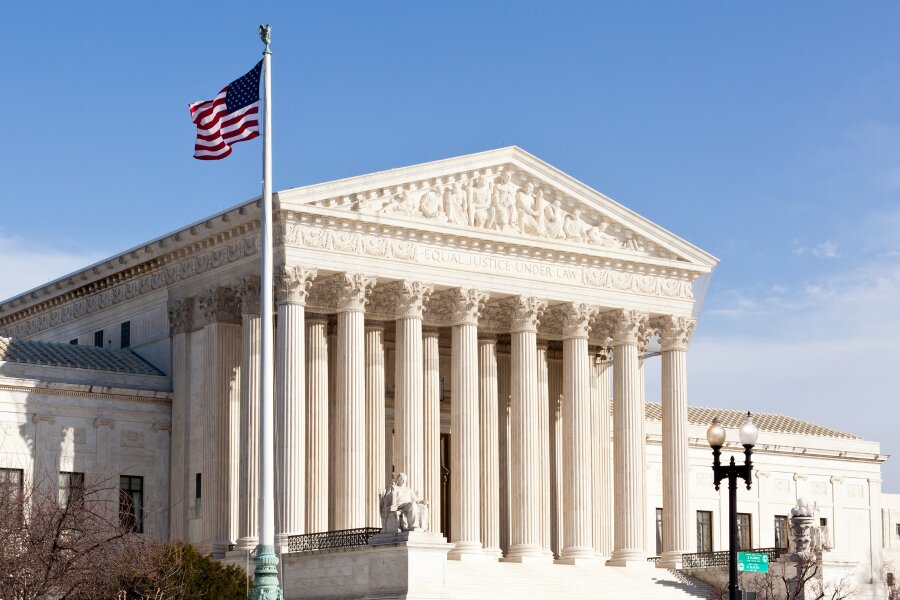The U.S. Supreme Court announced that it will hear oral arguments on November 5 in a case that will determine the legality of President Donald Trump's sweeping global tariffs, setting the stage for a landmark ruling on the scope of executive power in international trade. The court agreed to hear the case on an expedited basis after a federal appeals court ruled in August that the president had overstepped his authority by using the International Emergency Economic Powers Act (IEEPA), a 1977 law intended for national emergencies, to impose broad duties on imports from around the world. The case consolidates two separate challenges brought by small businesses, including wine importer V.O.S. Selections and toy company Learning Resources, who argue that the president unilaterally imposed taxes without the congressional approval required by the Constitution.
At the heart of the legal dispute is the text of the IEEPA itself. The Trump administration has invoked the act to implement a series of "reciprocal tariffs" and other duties on goods from more than 50 countries, including major trading partners like China, Canada, and Mexico. The administration argues that the law grants the president broad authority to regulate the economy in response to a declared national emergency. However, the challengers point out that the word "tariff" does not appear in the statute. In its 7-4 ruling in August, the U.S. Court of Appeals for the Federal Circuit sided with the businesses, finding that while the IEEPA "bestows significant authority on the president... none of these actions explicitly include the power to impose tariffs, duties, or the like, or the power to tax. The appeals court held that the tariffs were unlawful but stayed its decision to allow for the Supreme Court appeal, meaning the duties have remained in effect.
The stakes of the Supreme Court's decision are immense. A ruling against the administration could force the U.S. Treasury to refund tens of billions of dollars in collected tariffs and would effectively dismantle a central pillar of President Trump's "America First" economic agenda. Such a decision would represent a significant check on presidential power and reaffirm Congress's primary role in setting trade policy. Conversely, a ruling in favor of the administration would validate an expansive interpretation of executive authority under the IEEPA, granting this and future presidents a powerful tool to impose tariffs rapidly and without congressional consent, fundamentally altering the balance of power in U.S. trade law. The federal government, in its appeal, has urged the justices to back the tariffs, arguing that lower courts incorrectly interpreted the statute. The president himself has claimed that the lower court's ruling, if allowed to stand, "would literally destroy the United States of America."
Source: The Guardian



